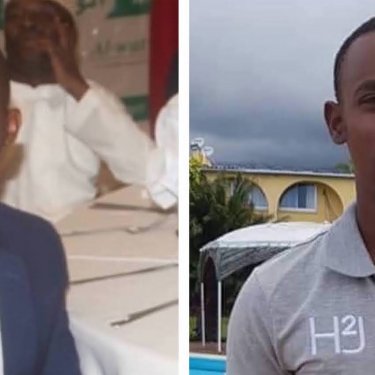Two reporters arrested in Comoros, placed under judicial control

Reporters Without Borders (RSF) condemns the arrest in Comoros of two journalists who are now under judicial control for allegedly “disturbing public order,” and calls on the authorities in this Indian Ocean archipelago not to target critical journalists and media outlets covering next weekend’s parliamentary elections, as they did during last year’s presidential election.
Ali Mbaé, a reporter for the newspaper Masiwa Komor, and Oubeidillah Mchangama, a blogger, were arrested in Koimbani, in the centre-east of Grande Comore island, on 11 January while on their way to cover an opposition rally. After being held during the weekend at police headquarters in the capital, Moroni, they were brought before a judge on 13 January and were released under judicial control on a charge of disturbing public order. Judicial control means they are banned from leaving the country and posting on social networks, and must report to a judge every week.
Earlier in the day, the police arrested several of the opposition rally’s organizers and blocked access to the venue, preventing it from taking place. The opposition is boycotting the parliamentary elections, the first round of which is due to be held on 19 January.
“With just days to go to important elections, it is essential that journalist and media outlets are free to work and are not subjected to intimidation when trying to cover opposition rallies,” said Arnaud Froger, the head of RSF’s Africa desk. “A repetition of what happened after the 2019 presidential election, when RSF reported many press freedom violations, would send a very bad signal. An election’s credibility is closely linked to the freedom and independence with which journalists are able to cover it.”
President Azali Assoumani’s disputed reelection in March 2019 was accompanied by many acts of aggression and intimidation against journalists, including Toufé Maecha, who was arrested and accused of being “an opposition spy.” Two French journalists, Louis Witter and Cyril Castelliti, were arrested and interrogated for a day. Other journalists were directly censored by the security forces. Journalists reacted by refusing to cover government activities for two weeks.
Comoros is ranked 56th out of 180 countries in RSF’s 2019 World Press Freedom Index.


